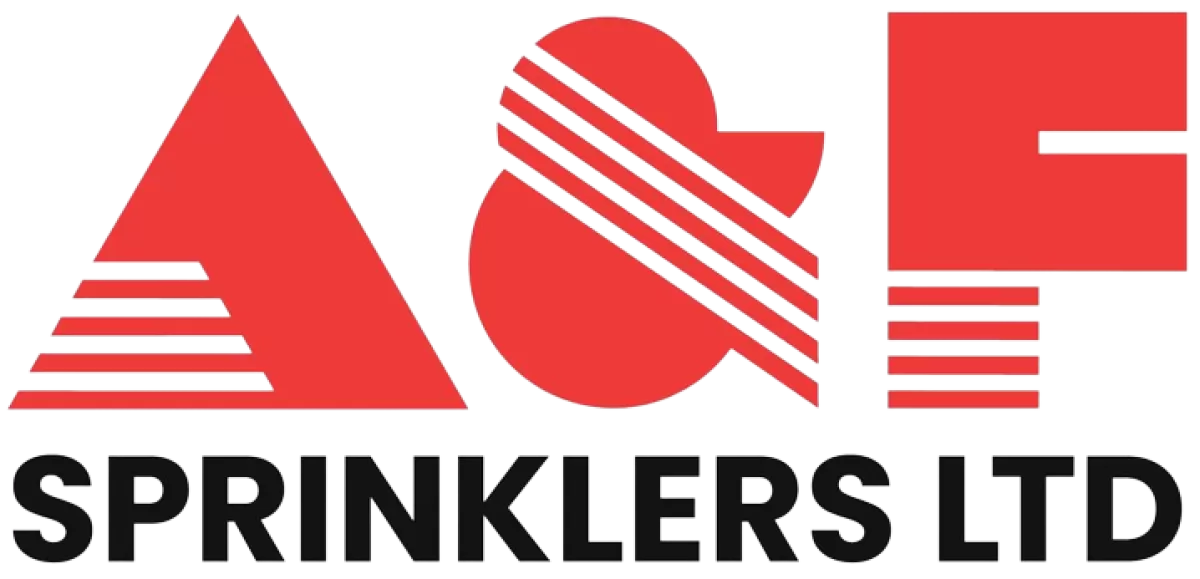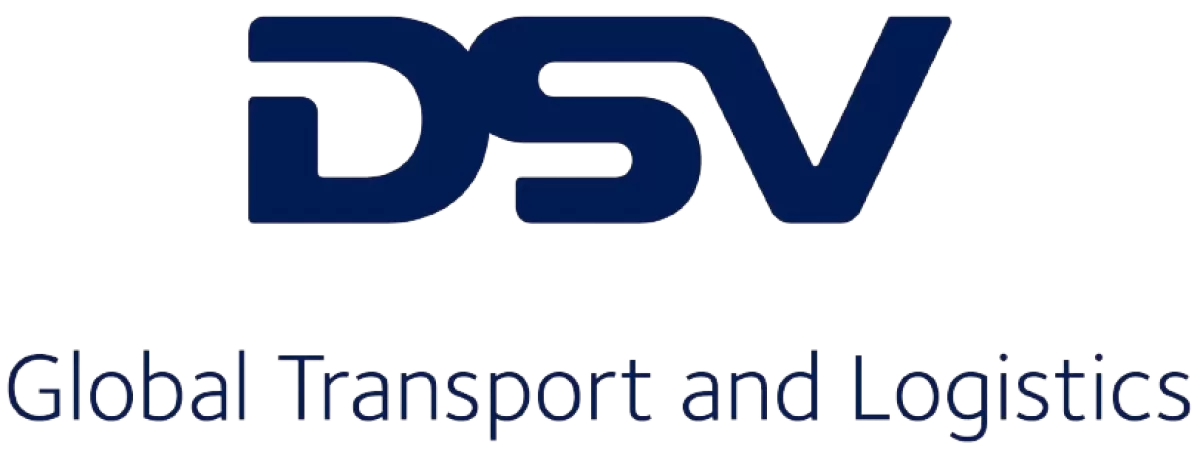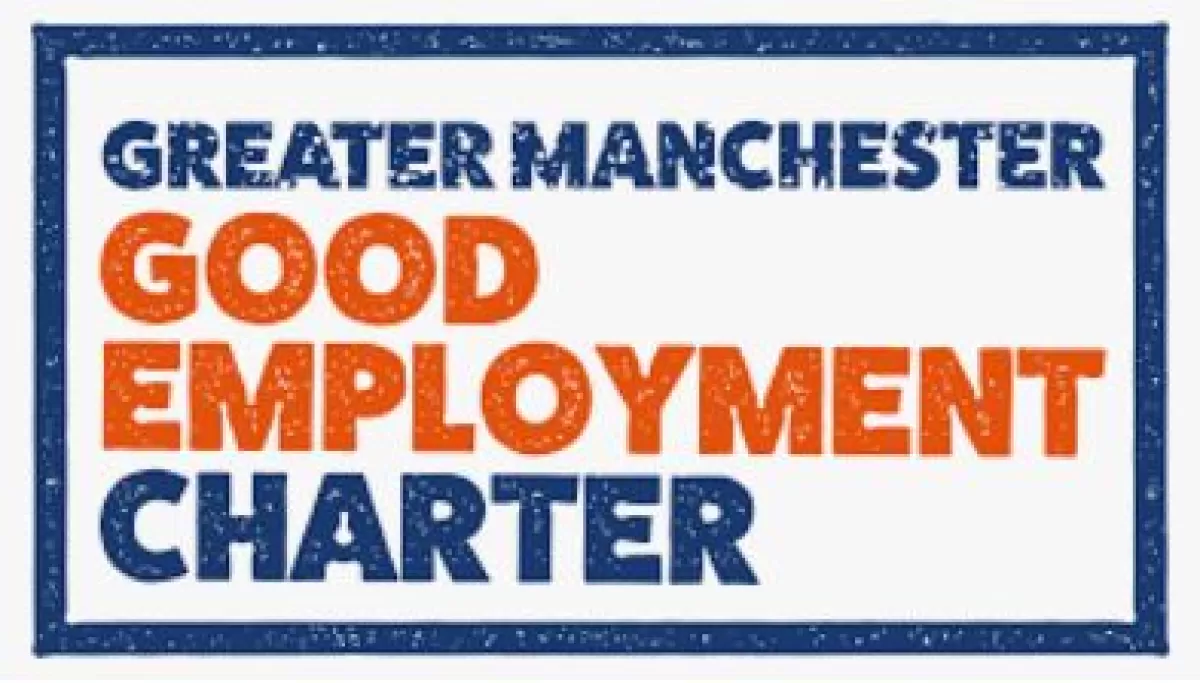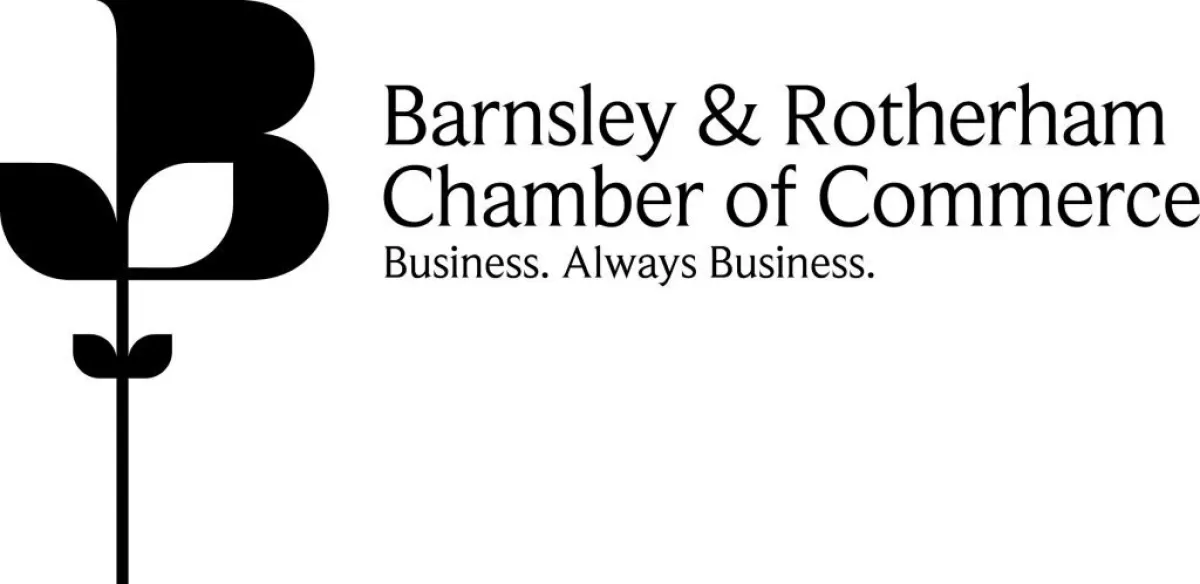
Now, we probably don’t need to tell you, but the average member of staff costs far more than your car. If you want to keep them shiny and new for years to come, then training and development are key.
A recent study in the Harvard Business Review, however, shows that there is still a significant career-development gap with employee expectations of training and mentoring not being met. The outcome? Businesses are failing to retain talent.
For any HR Directors who have read all the newspaper coverage about unemployment and, as such, believe there is a waist-deep talent pool out there to pluck replacements from at will, think again. Talent is of course out there but various estimates put the average cost of a new hire at around £5,000.
CONSIDERATIONS
When compiling a learning and development programme it is vital to consider two key aspects;
There is no one size fits all approach. Individuals naturally learn different aspects, in different ways, at different speeds. This should not be considered a reflection on how ’good’ someone is.
Laying out the ongoing training options at the outset of an individual’s career enables them to see clearly the path they can take, the future they can have and the opportunities that exist for them if they remain with your business. Not every employee sees themselves in a management role down the line, but everyone who does should have the opportunity to develop the skills, knowledge and key competencies required to be a successful manager within the business. This, of course, takes time, resources, mentoring and a variety of learning experiences. This is not easy. Management is not an easy task so the associated learning should be rigorous and demand significant commitment.
KEEPING UP THE GOOD WORK!
But training shouldn’t stop once a management role has been achieved; it becomes more important than ever. At this stage, the requirement should certainly be less prescriptive. If an individual has proven their mettle by making it this far they are more than capable of creating a personal development strategy for their new leadership role. The tools and mentoring from here on should act as compass, harness and anchor.
In addition to all this, many learning opportunities exist outside the scope of what an employer can reasonably provide. Tuition assistance – reimbursing employees for training and qualifications they’ve chosen under their own steam – is a very desirable benefit, and it can be win-win. Employers will naturally need to pre-approve the course and find a framework that best suits everyone’s needs such as resulting in a relevant degree, diploma or certificate.
While this scope and scale of L&D provision is not feasible, or indeed necessary, for all organisations, there is not a business in operation today that does not need a defined training policy.
Ask yourself the following five questions:
- What mandatory training must be undertaken to do the job at hand?
- Are your team aware of their eligibility for non-mandatory training programmes?
- What feedback procedure is in place?
- What qualifications/certificates can be achieved?
- Do you know what financial investment is available for training per person, per annum?
Continue Reading
Partnerships & Accreditations




























